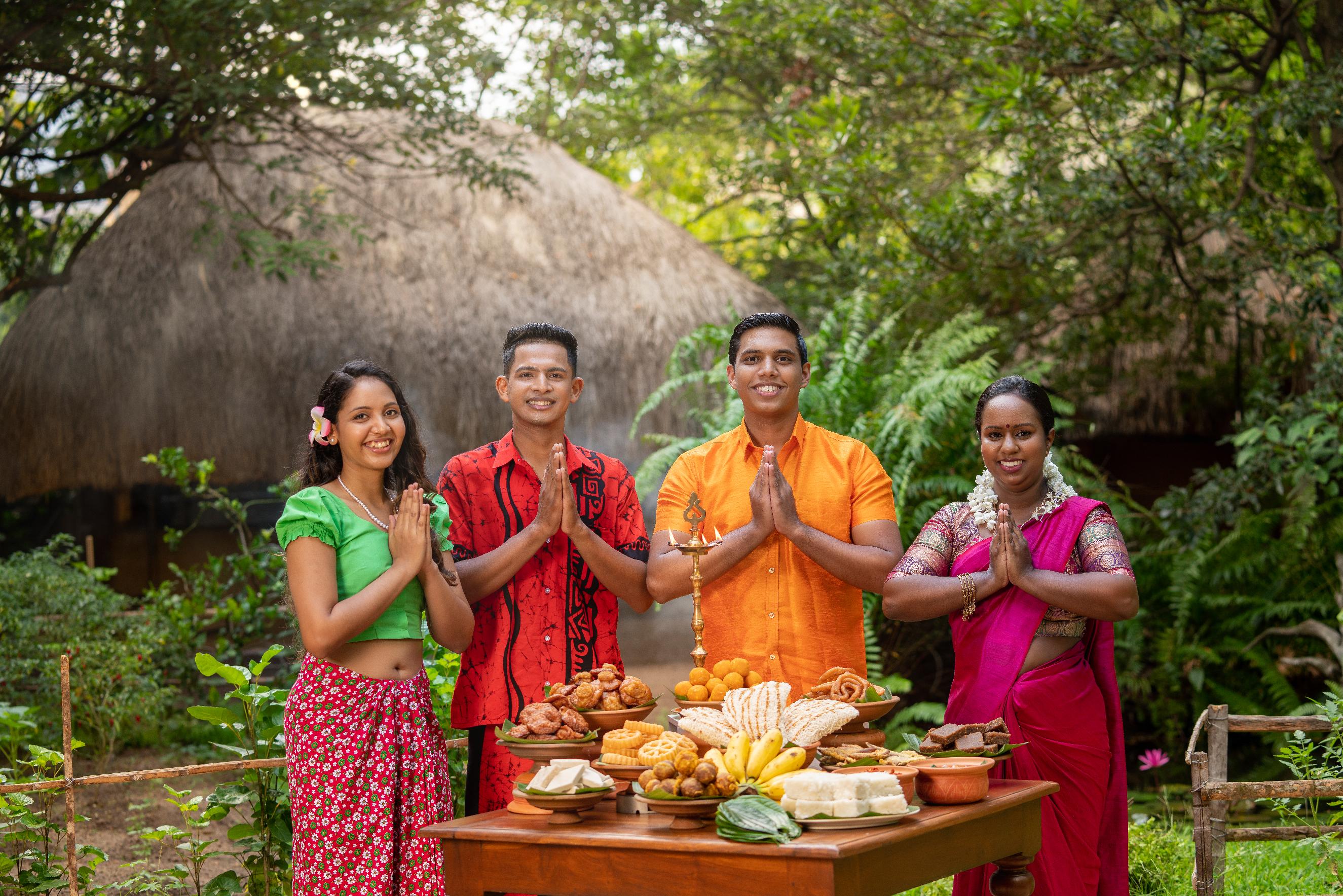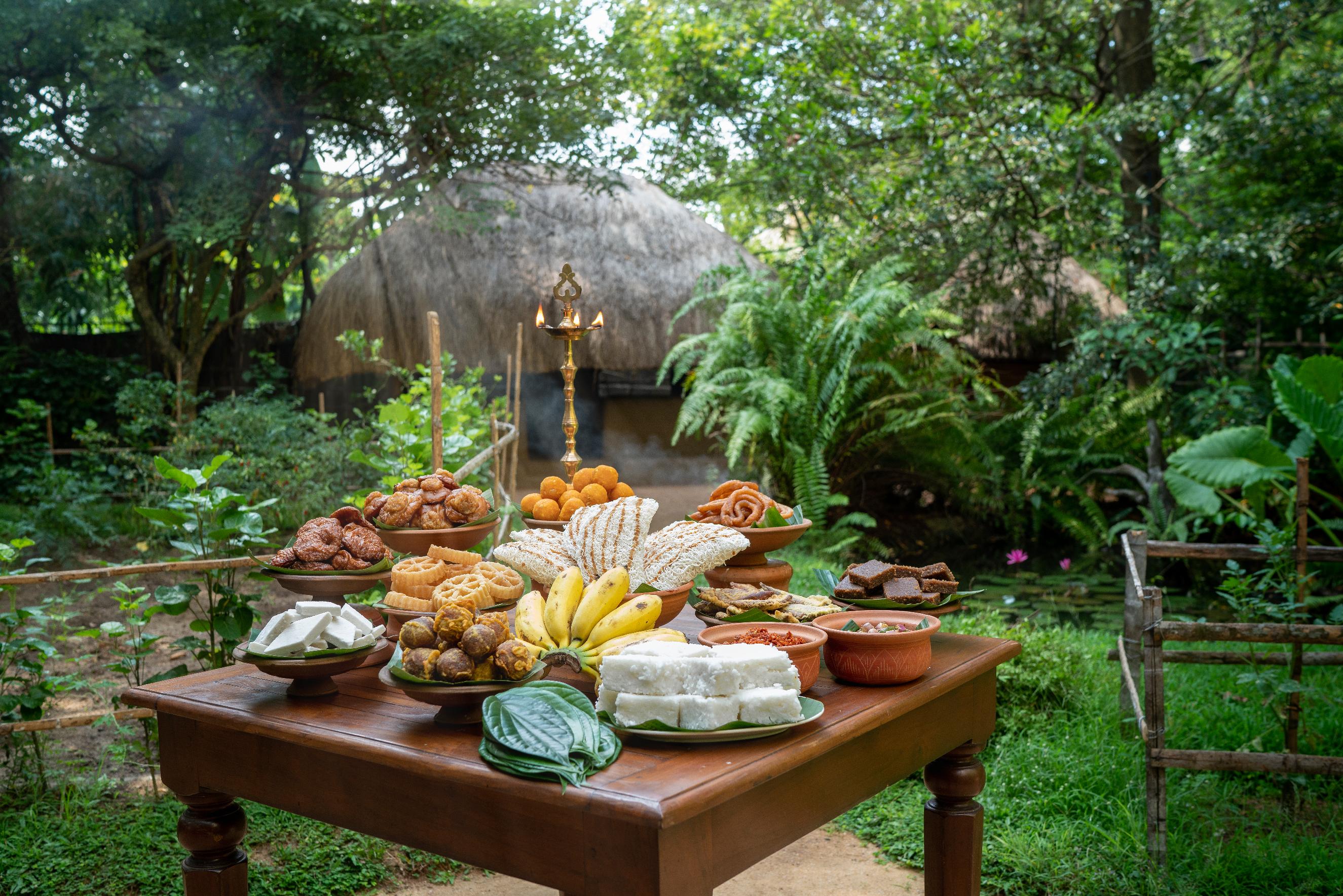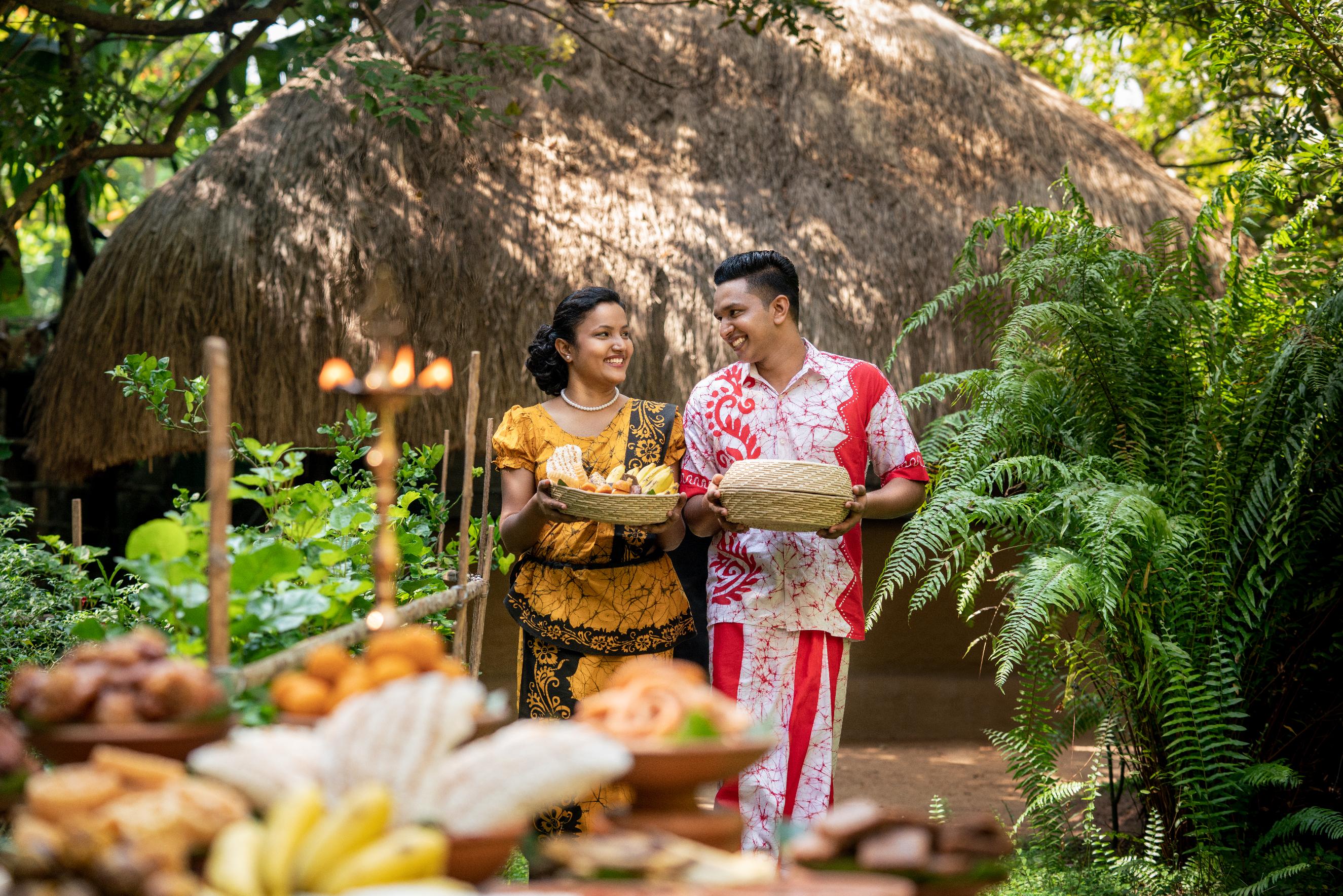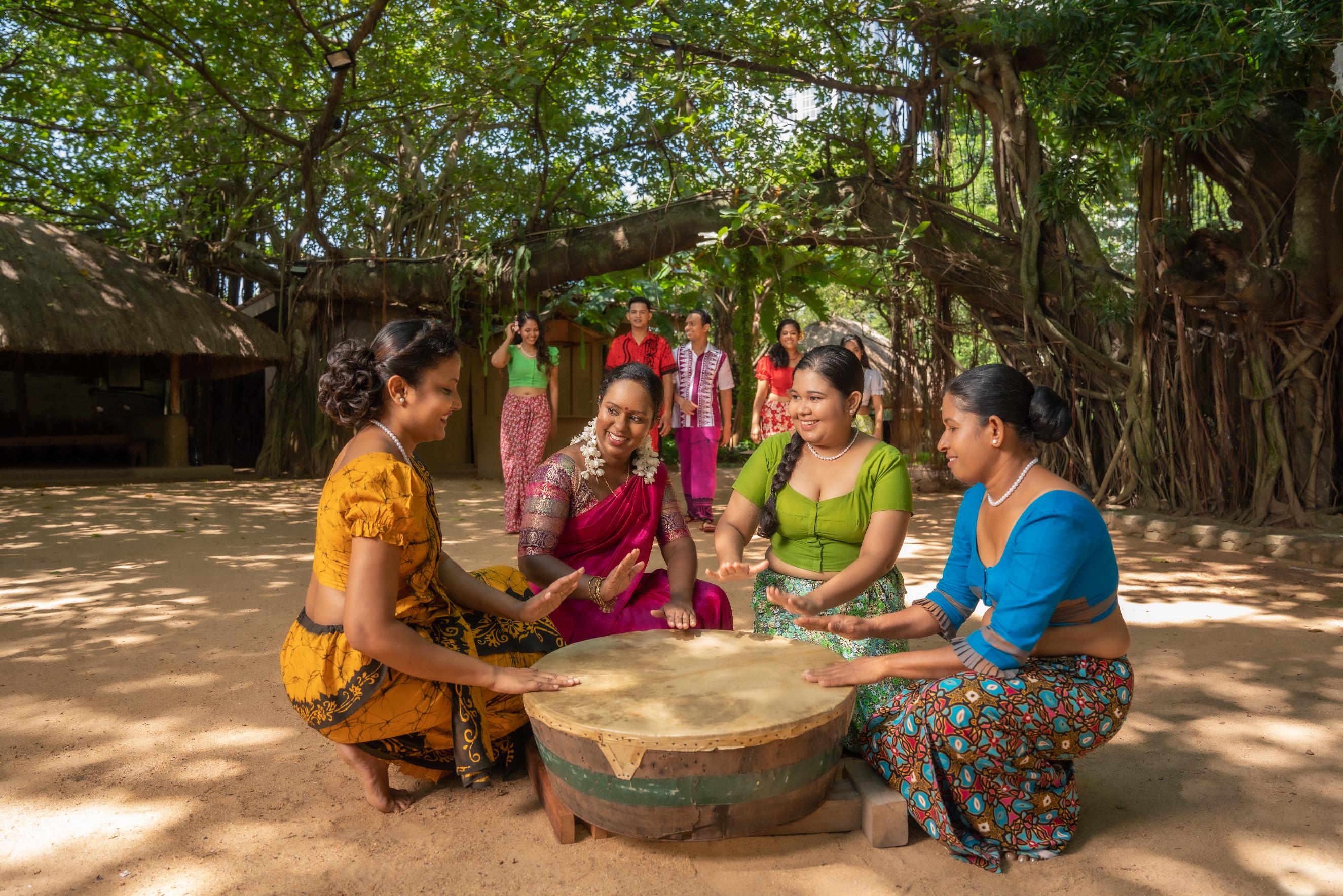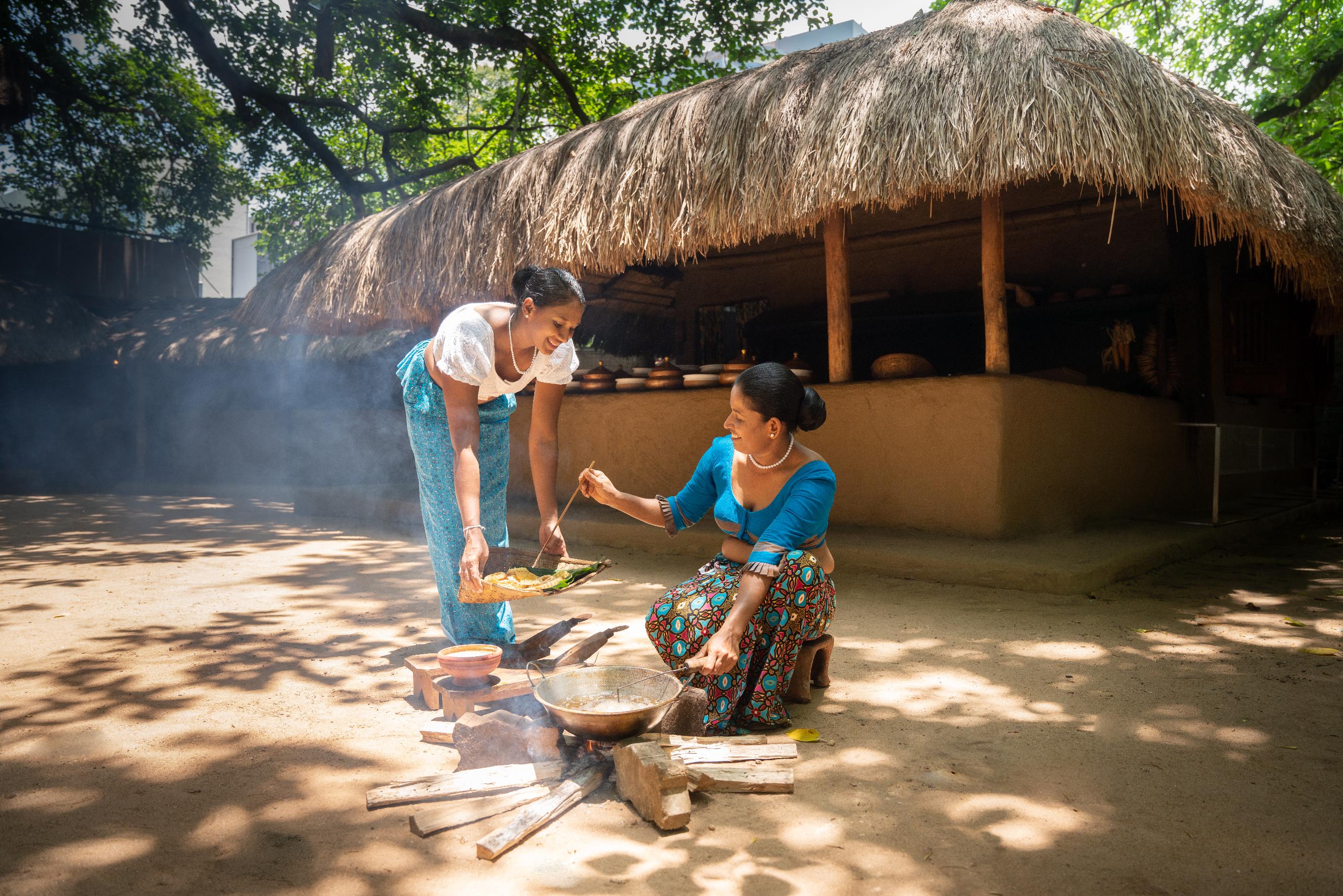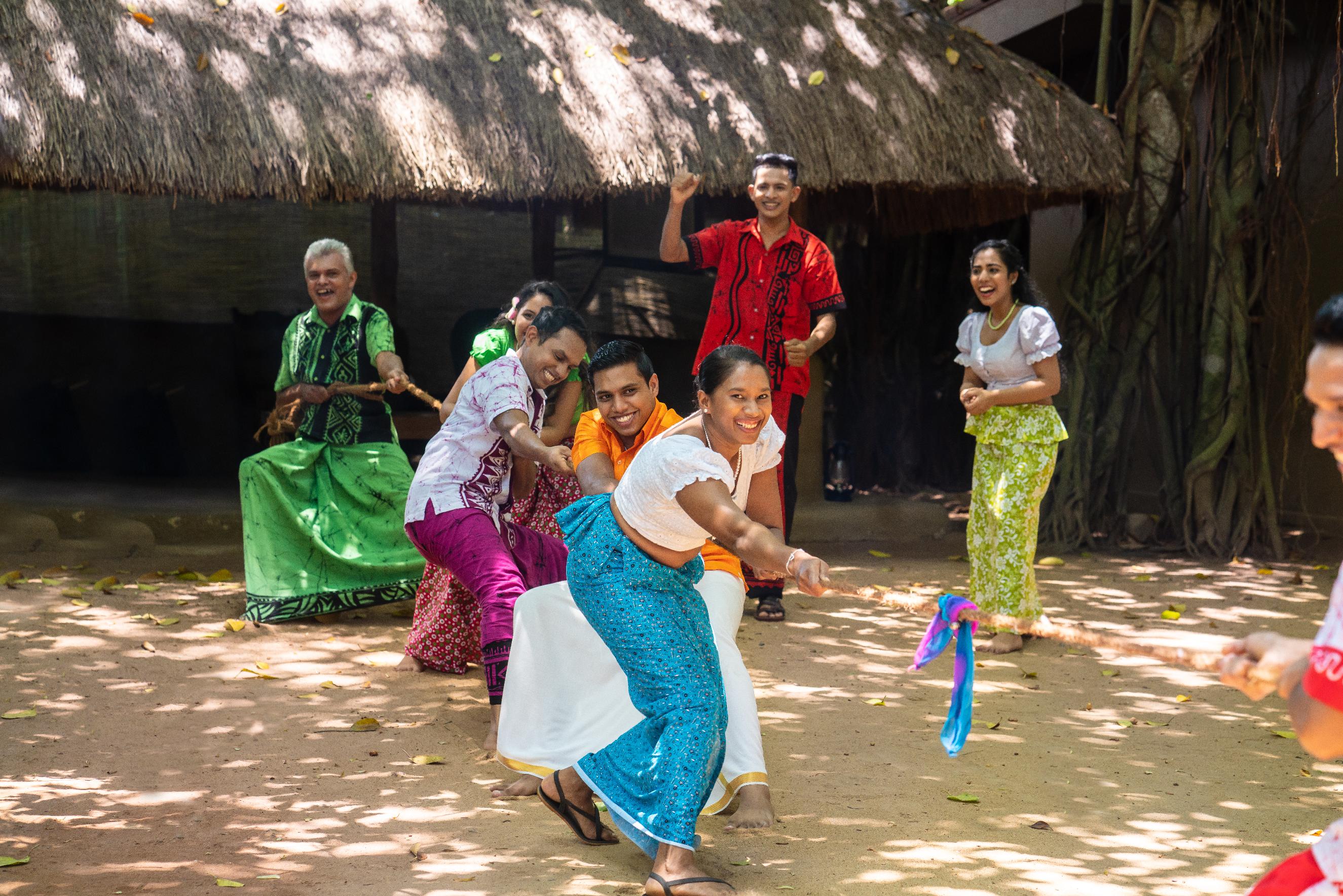The Sinhalese and Tamil New Year colloquially referred to as the Sinhala and Tamil Aluth Avurudu or Puthandu, is a highly festive time in Sri Lanka and is one of the most anticipated festivals in Sri Lanka.
Here are 10 things to know about the Sinhala and Tamil New Year;
1. What is the New Year?
The festival is celebrated when the sun moves from Pisces to Aries, marking the end of the harvesting season. It is celebrated with a series of traditions, food, and fun games that take place during the day and involve the entire community.
2. When is the New Year celebrated?
The new year rituals start in 13th with a ritual called neutral period or Nonagathe. During this time people keep off from all the work and do nothing but engage in religious activities to get the blessing of their religion to prepare for the new year.The dawning of the new year is celebrated on the 14th of April each year!
3. The transition time
The Avurudu traditions begin on the 13th of April with the neutral time (or punya kaalaya) which is the time between the ending of the Old Year and the dawning of the New Year. This time is used to observe and perform religious ceremonies. People are also encouraged to refrain from their day-to-day activities and seek blessings from their priests/monks. What is most special about the new year traditions are that they are performed during an auspicious time. Therefore, the entire country cooks, eats and engages in work at the sometime.
4. How is the dawning of the New Year celebrated?
The dawning of the New Year is traditionally celebrated with the lighting of the hearth and traditionally boiling milk using a brand-new clay pot as a symbol of prosperity. The overflowing of the boiling milk is considered to bring good luck for the entire family. Thereafter,the traditional milk rice and an array of sweetmeats are prepared and enjoyed by family and distributed among neighbours symbolizing unity amongst all with no boundaries.
5. What are the sweetmeats for Avurudu?
The Avurudu table overflows with various sweet meats and foods specially made for the festival. Some of these food items include Konda kavum- a deep fried fluffy cake, Kokis- a deep-fried, crispy sweet made from rice flour and coconut milk, Aasmi- crunchy traditional sweet topped with a traditional caramel syrup, Mung Kavum- A diamond-shaped sweet that comes with a crunchy crust with a sweet paste of sweetened green grams inside and so much more! We at Cinnamon Hotels and Resorts always ensure our guests have a taste of all these sweetmeats and feel the spirit of the new year whilst they’re at our hotels.
6. What are the Avurudu Games?
Avurudu games are also a treat during this time of the year. Some of these Avurudu games include placing the eye on the elephant- (Aliyata asa thabeema), Eating buns the fastest (Banis kema), Pillow-fight – (Kotta Pora), Tug-o-War(Kamba Adeema), Breaking the pots – (Kanamutti bindeema), Climbing the greasy pole – (Lissana gaha nageema), and so on!
7. Anointing with Oil
Anointing heads with oil is another ritual that is not missed by Sri Lankans. Families make a concoction with herbs and various oils. The oldest family member is the one who anoints the herbal oil on the heads of the others. This anointment is done at village temples as well, wherevillagers gather to have themselves anointed by the head priest of the temple.
8. Visiting Neighbours
After the basic rituals are over, people begin to visit immediate relatives living close by and they also exchange plates full of sweet meats with friends and neighbors. It is customary to take betel leaves to worship the elders. Most people visit their hometowns and close relations even if they live far away from them!
9. Auspicious time to leave for work
Since most people make their way to their hometowns to celebrate the New Year with their family, leaving to work is also governed by an auspicious time. Usually most people leave for work at a selected auspicious time which is said to guarantee success and prosperity at their places of work.
10. Avurudu at Cinnamon
The spirit of avuruduis usually rampant at all Cinnamon Hotels and Resorts properties! The Cinnamon Grand Colombo and Cinnamon Lakeside Colombo, especially, are beaming with festivities during the New Year. Avurudu games, food and fun were amply available for all who wanted to enjoy!

